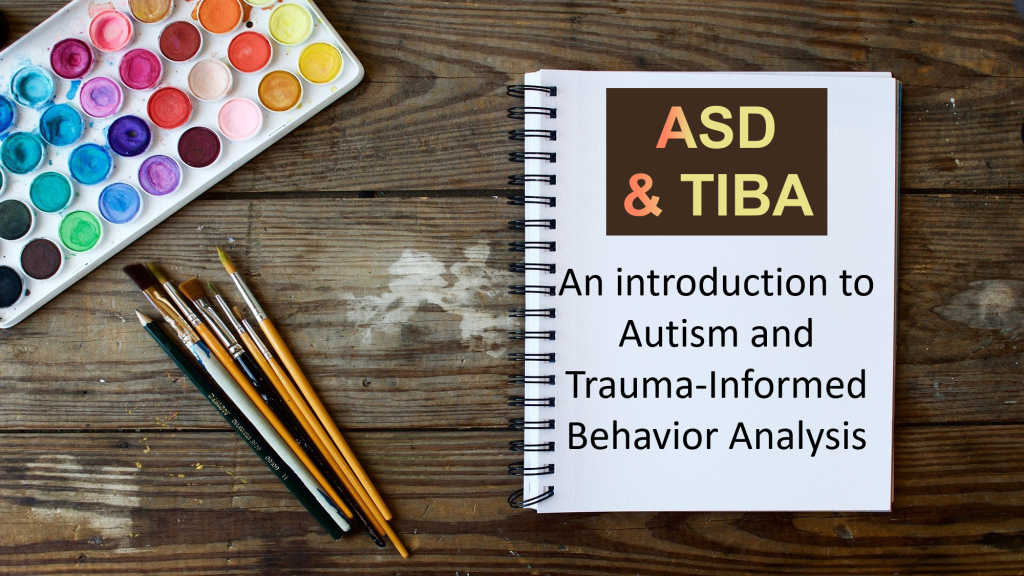Tags
By Dr. Camille Kolu, Ph.D., BCBA-D
Behavior analysts who treat people with autism probably know that ASD often co-occurs with trauma. But did you know that up to 50 percent or more of people with autism may have experienced trauma, that ASD itself is a risk factor for experiencing trauma, or that children with autism may be around 2.5 times more likely to experience foster care, itself another risk factor for trauma?
These findings are some of the reasons researchers (as well as research-practitioners, including those of us at Cusp Emergence) urge practitioners to adopt screening in order to support the huge group of people affected by both trauma and ASD (see Brenner, Pan and Mazefsky et al. on the need for screening, and special behavioral differences that occur in this population).
They are also just a few of the things you’ll learn when you take the upcoming course on CuspEmergenceUniversity on trauma and autism (coming Fall 2021). Other topics we cover include:
-client examples from both child and adult populations whose experiences include autism and trauma
-literature references helping practitioners discover more about what trauma related experiences people with autism may face
-how behaviors themselves can be risk factors for additional trauma
-behavior programming examples that may be counterindicated procedures depending on the individual needs of autistic people who faced trauma
-examples of ASD communication needs that have been particularly helpful to target when supporting this population after trauma
-behavioral cusps that can make a huge difference after trauma
-examples of worst case scenarios people face when trauma history is not taken into account for individuals with autism after trauma….
…and much more. We also cover how Cusp Emergence uses the SAFE-T model and Assessment (including our risk versus benefit tools) to be more supportive, mitigate risks unique to autism and trauma, and learn more about the whole person and their needs.
Just can’t wait for the CEU course on autism and trauma to be posted in the coming months? Tune in to The Autism Helper’s podcast. Dr. Kolu’s interview with Sasha Long, BCBA is live and we’re excited to share it with you!


